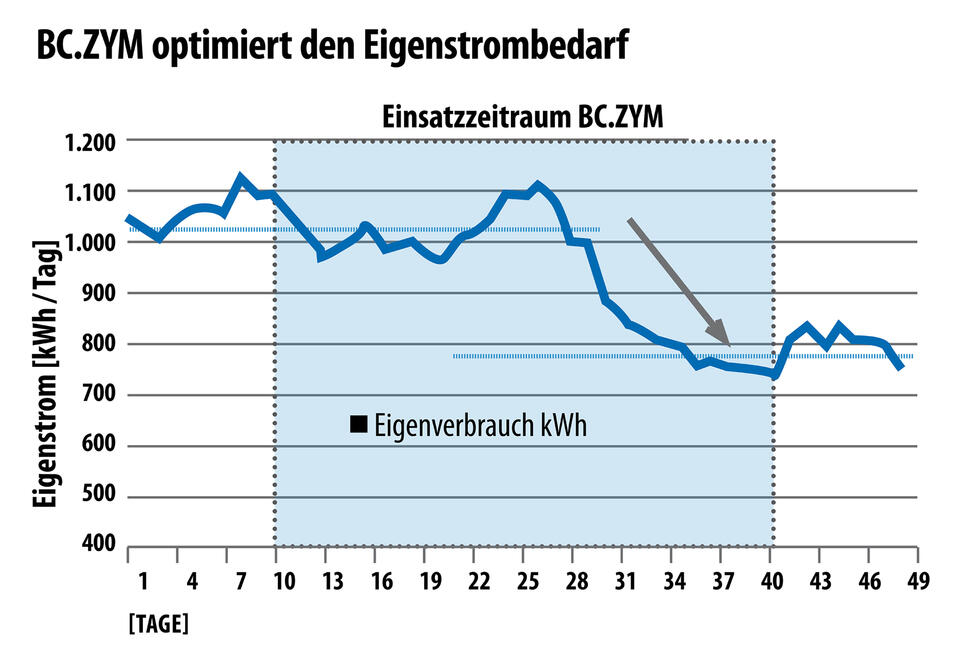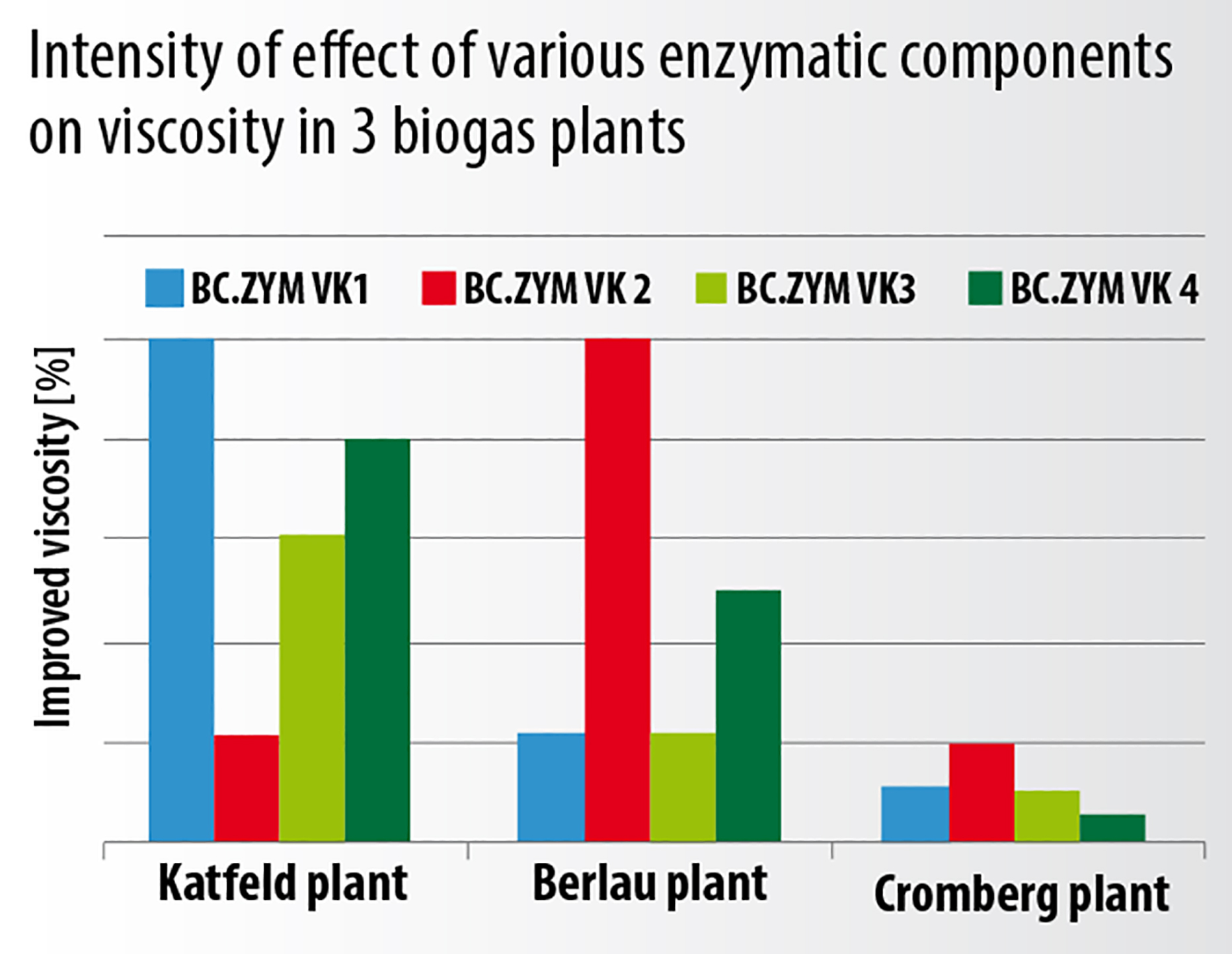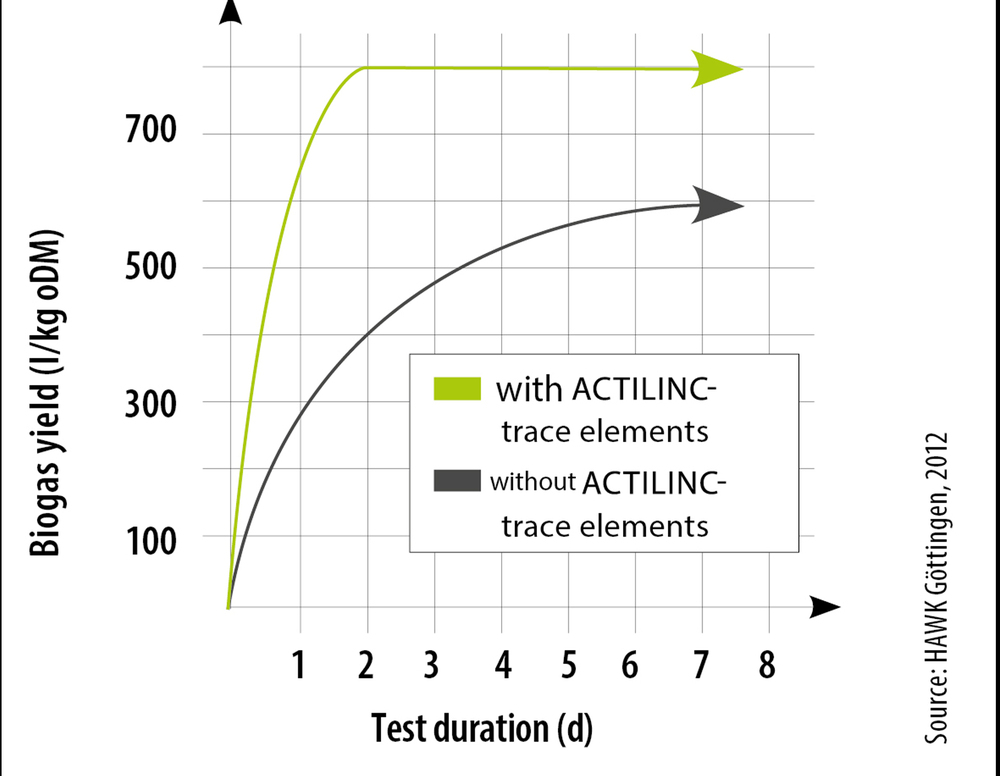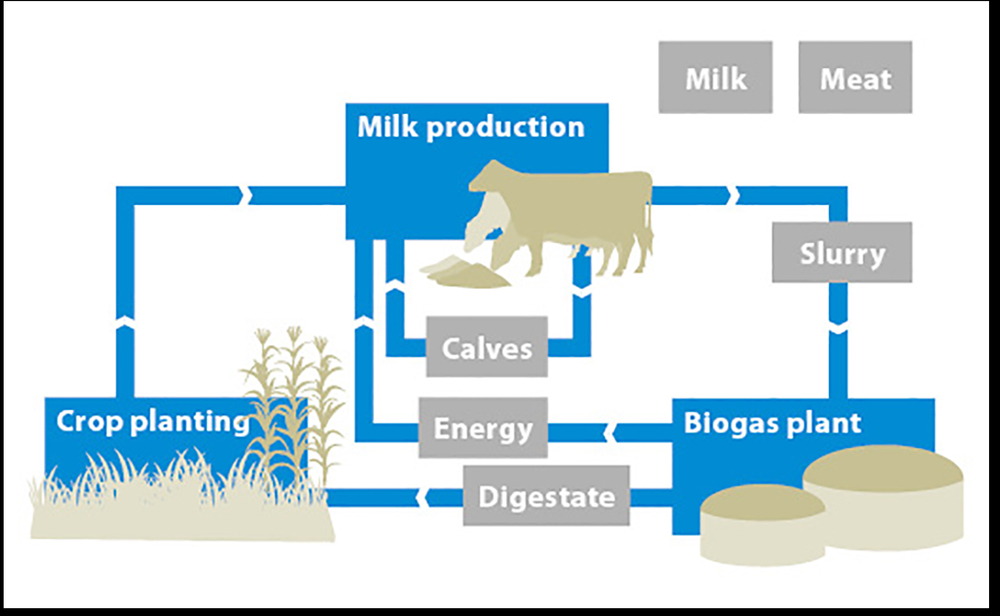
Energy and climate
Acting ecologically in a prudent and efficient way means above all using resources responsibly and reducing emissions. Schaumann BioEnergy Consult pursues and lives this goal along the entire value chain.
Increased energy efficiency in production
To improve the energy performance of our production plants and to identify potential savings, an energy management system (EnMS) has been implemented uniformly at all sites. The first step is to identify the largest sources of consumption in the production chain and to sensitise employees to the responsible use of energy resources. Regular internal checks as well as external audits and certifications ensure continuous monitoring and improvement of the energy policy. This makes it possible to improve the energy performance of the plants and uncover potential savings.
Energy-neutral production
The group's goal of energy-neutral production has already been achieved in the German plants. The kilowatt hours of electrical energy consumed in the production plants are produced regeneratively in the corresponding quantities. In the biogas plants owned by the Group at Hülsenberg Estate, these are generated by utilising liquid manure and renewable raw materials. The saving of fossil fuels avoids considerable greenhouse gas emissions.
Energy balance - optimisation of own electricity demand
BC.ZYM components reduce viscosity, increase stirring and flowability and thus support effective substrate breakdown. The reduced viscosity of the digester contents due to the use of BC.ZYM increases stirring efficiency in the digester and simultaneously leads to improved pumpability. This way, the shortened stirring and pumping times reduce the biogas plant's parasitic load (see figure 1). On the one hand, this saves costs and consequently increases the economic efficiency of the plant. On the other hand, the reduced electricity consumption of 230 kWh per day (see Figure 2) saves greenhouse gases amounting to 129 kg CO2 equivalents (Statista, 2014) per day.

Optimised resource efficiency through highly available trace elements
The trace element additives ACTILINC achieve particularly high process performance with reduced addition quantities and targeted supply. As a customised trace element chelate mixture, ACTILINC is individually adapted according to the requirements standard, so that only the analytically determined, actual requirement is supplemented. In this way, overdoses and the associated environmental pollution are reliably avoided.
The significantly better trace element availability from the ACTILINC complex for bacteria and archaea has been scientifically proven and leads to an acceleration of biogas formation. The graph shows the rapid reaction of ACTILINC in the biogas formation process. Furthermore, the increased bioavailability of the organically bound trace elements results in a reduced application quantity compared to inorganic trace elements, which improves the consideration of soil ecology.
Reduced environmental impact
The adapted additive and the high bioavailability of the trace element chelate mixtures result in a marked reduction of heavy metals in the fermentation residue and consequently lead to a reduced input into the arable soils. BC.MAGXX and the ACTILINC contained therein are the consistent further development of the Schaumann BioEnergy product range in order to make the targeted addition of trace elements even more effective, environmentally friendly and sustainable in the future.
Climate protection - climate-friendly biogas production at Hülsenberg Estate
A sustainable energy supply through renewable energy sources has the requirement to ensure a reduction of climate-relevant emissions compared to conventional methods. The ongoing social and political discourse shows that lasting acceptance for an expansion of bioenergy is only possible if its ecological advantages are considered or ensured. To prove this, the climate-relevant effects of energy production from biogas must be balanced. For this purpose, a greenhouse gas balance of biogas production including the production of fermentation substrates at Hülsenberg Estate was drawn up in cooperation with Landwirtschaftskammer Niedersachsen, Germany. The main objective was to identify the emission-relevant sources of the plant as well as optimisation potentials. The results of the greenhouse gas balance are available for download.
Targeted control of emissions from substrate production
The production of fermentation substrates was identified as one of the main sources of greenhouse gas emissions from biogas production. Due to the in-house production of substrates at Hülsenberg Estate, the associated key factors can be excellently adapted to the technical production conditions (see diagram).
Internal utilisation of manure offers potential for emission protection and energy utilisation
The internal utilisation of the manure produced in milk production at Hülsenberg Estate in the biogas plant has several positive effects. For example, partially gas-tight storage of the liquid manure and the fermentation residue prevents considerable emissions. In addition, usable energy is produced for the entire operation as well as for the public grid, thus saving fossil fuels.
Measures to reduce emissions from biogas plants
In particular, gas-tight storage of fermentation residues and efficient substrate utilisation can significantly reduce GHG emissions. Schaumann BioEnergy Consult's wide range of products helps you to optimise the biological processes within the digester and improve substrate utilisation. Emission measurements carried out by gewitra GmbH on biogas plants have shown that energy production from biogas can make a significant contribution to the reduction of climate-relevant gases if the potential for optimisation with regard to plant technology and plant operation is recognised and utilised. BioEnergy Consult's expert project managers and the sales partners they support around the world will help you to utilise this potential.


